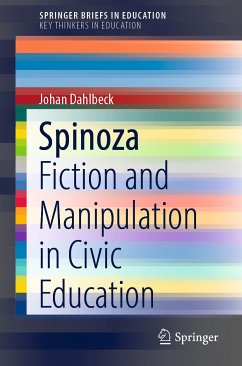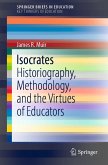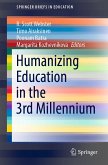This book is a philosophical enquiry into the educational consequences of Spinoza’s political theory. Spinoza’s political theory is of particular interest for educational thought as it brings together the normative aims of his ethical theory with his realistic depiction of human psychology and the ramifications of this for successful political governance. As such, this book aims to introduce the reader to Spinoza’s original vision of civic education, as a project that ultimately aims at the ethical flourishing of individuals, while being carefully tailored and adjusted to the natural limitations of human reason.
Readers will benefit from a succinct introduction to Spinoza’s political philosophy and from an account of civic education that is based on careful exegetical work. It draws conclusions only hinted at in Spinoza’s own writings.
Readers will benefit from a succinct introduction to Spinoza’s political philosophy and from an account of civic education that is based on careful exegetical work. It draws conclusions only hinted at in Spinoza’s own writings.
"This book is a brief, tightly packaged, and expertly elucidated philosophical study, which never strays needlessly from its central theme, and is all the better for it. ... the book successfully accomplishes what it sets out to do, offering an insightful contribution to our understanding of the problem of fiction and indoctrination in education. It is highly engaging and deserves attention from philosophers of education and those with an interest in Spinoza alike. I strongly recommend it." (Aurélien Daudi, Educational Philosophy and Theory, February 6, 2023)








